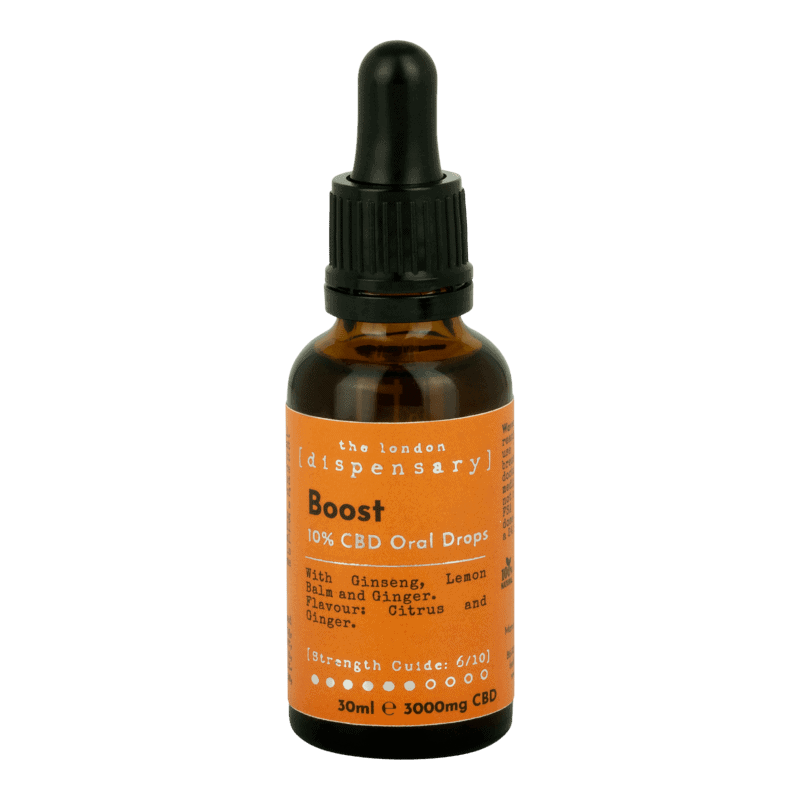3 Big Benefits of Lion’s Mane cognitive function
In today’s fast-paced, competitive world, maintaining optimal cognitive function is paramount. Achieving peak brain health, memory, and focus is essential for success in both personal and professional pursuits. One natural supplement that has gained attention for its potential cognitive benefits is the lion’s mane mushroom. In this blog, we will look at the science behind lion’s mane cognitive enhancement, its impact on brain health, and how it can help improve memory and focus.
What is Lion’s Mane Mushroom?
But first, what is Lion’s mane (Hericium erinaceus) is an edible mushroom native to North America, Europe, and Asia. It has a unique appearance, resembling a lion’s mane with its long, white to cream-coloured shaggy tendrils. This mushroom has been used for centuries in traditional Chinese medicine for its purported health benefits, including improving cognitive function and supporting immune health.
The Science Behind Lion’s Mane Cognitive Enhancement and Effects on Brain Health
Several scientific studies have explored the potential cognitive benefits of lion’s mane mushrooms. The primary active components or compounds responsible for these benefits are hericenones and erinacines, which are believed to stimulate nerve growth factor (NGF) production. NGF is a protein crucial for nerve cell maintenance, survival, and regeneration. Very scientific stuff!
1. Impact on Memory and Learning
Research has demonstrated that lion’s mane mushroom could enhance memory and learning capabilities. For instance, a 2018 study found that lion’s mane supplementation could boost recognition memory in mice. Another study in 2022 showed that lion’s mane could be an effective therapy for people with Alzheimer’s disease. These cognitive improvements are likely due to the mushroom’s ability to promote neurogenesis, the growth and development of new neurons. This basically means it could help to create new cells in the brain to help where cells have aged or been lost already.
2. Effects on Focus and Concentration
Lion’s mane mushroom also appears to have a positive impact on focus and concentration. Its neuroprotective properties may help protect the brain from damage caused by oxidative stress and inflammation, which can contribute to cognitive decline. By supporting optimal brain health, lion’s mane may help improve attention and mental clarity. It is really incredible to think that fungi we can all grow at home, as the possibility to help in so many ways.
3. May Reduce Brain Fog and Improve Brain Health
Lion’s mane cognitive support has been well documented. Still, another area lion’s name cognitive improvements can be seen to help possibly is when we have all had that Monday morning fuzzy head feeling at some point in our lives. Brain fog is like trying to work with misted-up glasses on. But Lion’s mane cognitive support is showing signs of helping rid our Monday mornings of this hellish brain mist and improving brain health in general.
It is suggested that the reduction in inflammation in the brain that this clever mushroom helps achieve is the main reason for Lion’s mane cognitive prowess amongst the fungi kingdom. No wonder it’s also called ‘the smart mushroom’. If Lion’s mane cognitive benefits seem like they could help you, try our CBD and Lion’s mane gummies.
Additional Health Benefits of Lion’s Mane Mushroom
Apart from cognitive enhancement and all-around better brain health; lion’s mane mushroom has several other potential health benefits. These include:
Immune System Support
Lion’s mane mushroom contains compounds known as beta-glucans, which have been shown to activate the immune system. By stimulating immune cells such as macrophages and natural killer cells, lion’s mane may help the body defend against infections and diseases.
Gut Health Improvement
Lion’s mane mushroom has prebiotic fibres that have been researched and found that they can support the growth of beneficial bacteria in the gut. By improving the balance of gut microflora, lion’s mane may contribute to better digestion, nutrient absorption, and immune function. It may also help alleviate symptoms of gut-related disorders such as irritable bowel syndrome (IBS) and inflammatory bowel disease (IBD).
Heart Health Promotion
Lion’s mane mushroom may benefit heart health; some research has found by reducing inflammation and oxidative stress and regulates cholesterol levels. It can also improve blood flow and circulation by promoting nitric oxide production, which helps relax and dilate blood vessels. This may lead to lower blood pressure, as it has in studies, and improved blood flow to the heart and other organs.
Kidney Protection
A 2017 study found that lion’s mane mushroom polysaccharides could improve kidney function in diabetic mice. The reno-protective effect of lion’s mane was demonstrated by reducing the abnormal rise in blood urea nitrogen (BUN) and creatinine (CRE) levels and reducing pathological damage to the kidneys.
Diabetes Management
Lion’s mane mushroom may help combat diabetes through its anti-inflammatory and antioxidant properties. Studies have found that lion’s mane extract can lower blood sugars and improve insulin sensitivity.
Frequently Asked Questions About Lion’s Mane Cognitive Enhancement
How Long Does Lion's Mane Take To Work?
The time it takes for lion's mane to work can vary significantly from person to person. Some cognitive benefits, like increased focus or improved mood, may be felt within just a few hours of ingestion. However, consistent use over several weeks to months may be required for long-term benefits, particularly relating to memory and nerve health.
What Does Lion's Mane Do To The Brain?
Lion's mane mushroom improves cognitive function and memory by promoting neurogenesis and shows potential for protecting against neurodegenerative diseases such as Alzheimer's and Parkinson's. It also contains anti-inflammatory compounds that help reduce inflammation in the brain, which is often linked to several brain disorders. Further studies are underway.
Can I Take Lion's Mane Every Day?
Lion's mane mushroom is generally considered safe to consume, and many people take it as a dietary supplement daily. However, as with any supplement or medication, it's essential to follow the recommended dosage and consult a healthcare provider before adding it to your daily routine.
Does Lion's Mane Affect Hormones?
There is limited research on the effects of lion's mane mushrooms on hormones, but available studies suggest that it may have some impact on certain hormones in the body. For example, one study found that consuming lion's mane extract over four weeks led to a decrease in levels of the hormone cortisol, often referred to as the stress hormone.
Is Lion's Mane Addictive?
Lion's mane mushroom is not addictive, and there is currently no evidence to suggest that it has addictive properties.
How does Lion's mane affect cognitive function?
Lion's mane mushroom improves cognitive function and memory by promoting neurogenesis. This is basically encouraging new neuron or cells in the brain to develop and grow.
What are the specific benefits for brain health, memory and focus?
There are many potential benefits for brain health, memory and focus from lion's mane mushroom. Including the ability to grow new cells in the brain. Reducing oxidative stress and more.
Conclusion
Lion’s mane cognitive enhancement is a promising natural supplement for improving brain health, memory, and focus. With its potential additional benefits for immune support, gut health, heart health, and more, Lion’s mane mushroom offers a well-rounded approach to overall health and well-being. As always, consult with a healthcare professional before incorporating lion’s mane into your daily routine to ensure it is suitable for your individual needs. By investing in your cognitive health, you can set yourself up for success in all aspects of life.
Lion’s mane is available in lots of different supplement forms, our favourite is in nootropic gummies Enjoy!

















